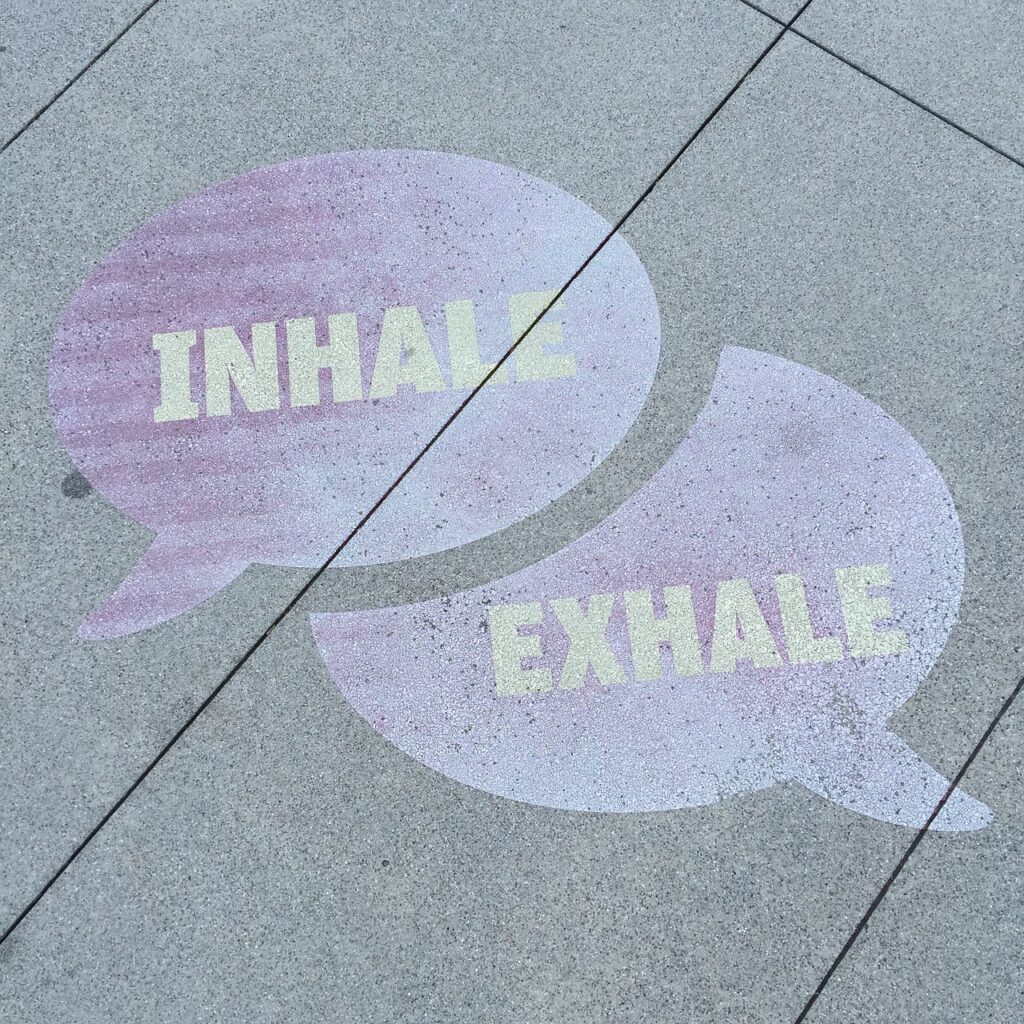
Once upon a time, in years gone by there was an abundance of energy for me to access. Have you experienced that? As the years went by, I found myself needing more breaks, getting tired more quickly, and even needing more sleep. The four to six hours of sleep no longer was enough. Where did my energy go?
I had been able to work full-time, go to school, run, and exercise daily, and care for my children and home. (I am not and never was a good housekeeper, so that saved me some time). As the years passed, I found this more difficult. By this time, my children had grown and were independent, and I had a husband to help. I refuse(d) to believe this was the ‘aging process,’ give me a break, I don’t feel old. Age, as time is an illusion – right?
I had no idea that stress and stressful events can drain our energy. Good grief – work, school, children, home – those all have stress accompanying them. Of course, though I knew it wasn’t the right thing to cut, I decreased my exercise time. My knees were bad anyway so running was gone from my life. That is when the weight started to pile on – lovely.
I have since learned that our emotions and things that annoy us daily, like our commute to work, cause us stress that we don’t even notice and that stress depletes our energy. I have also learned ways to boost my energy.
There are many things influencing the amount of energy we have available. Think of energy like a battery. Some things charge the battery, and some things drain the battery.
Fight or Flight
Many of us are aware of this term, but we don’t really think much about it. Fight or flight response occurs when there is an “acute threat to survival that is marked by physical changes” (Britannica, 2019). These changes include our nervous and endocrine (hormonal) systems, which we rely on to keep us safe by either running away or staying to fight. There are few events in our day-to-day life that are life-threatening, but our body still responds as though the stressors are life-threatening. We have been a little slow to adapt to this. And these responses drain our energy. We can learn to have some control over our responses and conserve some energy.

Even though we are not being chased by a lion there are things that make our heart rate and breathing rate increase, sending more oxygen to our muscles so we can run or fight. The threats we have today tend to be cognitive (thoughts, beliefs, opinions) rather than physical. Most of our fears these days don’t call for either fight or flight. However, our body doesn’t recognize the difference between physical and cognitive threats, and our heart and breathing rates increase. I wonder if that is where the run-away bride comes from – stressed by getting married she needs to run or fight, she isn’t going to fight the man she loves, so she runs. The increased heart and breathing rate are from the activation of our sympathetic nervous system. This heightened sympathetic nervous system activity gives us some of the symptoms of anxiety.
To counter the sympathetic nervous system, we have the parasympathetic nervous system. Think car – sympathetic is gas and parasympathetic is the brake. When our heart is racing and our breathing is rapid, we want to bring these under control, we want to activate the parasympathetic system. We can learn to have some control of these and stop the battery from draining dry, we can learn how to charge the battery. This is an example used by HeartMathTM.

Since learning about HeartMathTM I have been in much better control of my energy drains. I have learned controlled breathing and to plug some energy leaks. First, I needed to be aware of some of the areas that were draining my energy. Some of these are things that occur every day, and we rarely think of them as anything but routine, let alone that they are using up our energy. Some examples for you:
| Meetings | Emails | Finances/Budgets | Poor sleep |
| Technology glitches | Deadlines, time, overload | Other’s mistakes | Challenging people/clients |
| Unexpected change | Decision making | Home/workplace Drama | Balancing work/family |
| Traffic | Noise | Health | Inefficiencies |
Though many of these things are part of our daily life we don’t tend to think of them as anything but routine. Knowing that they are draining energy I also found ways to decrease the drain and charge my energy. I’ll share some ways to decrease energy drain, I wish I had known this years ago.
- Breathe: When our sympathetic nervous system is triggered our breathing becomes rapid and shallow and uses up our energy. Taking slow, deep breaths will help you find calm and reduce your energy expenditure. Combining breathing with some positive thoughts, feelings, and memories can also help boost your energy.
- Notice and Prep: Being aware of when you find yourself in fight or flight reactions is a good start to counteraction. Knowing that you get ‘up-tight’ at a certain meeting you can prepare for that meeting by breathing, doing some positive self-talk, and adjusting your perception. Remember: you are enough.
- Acceptance: Knowing what you can change and what you can’t change is a good start. If you cannot change something/someone you might as well go with the flow. But to do so means awareness and choosing how you will feel – no use worrying, accept that is the way it will be. Even if you still find your heart racing and your breathing rapid and shallow, you can accept this and know that a few slow, deep, abdominal breaths will help you.
- Exercise: We don’t know why exercise helps but we might be able to guess. When we are exercising, we are focusing on what we are doing rather than the stressful situation(s) we face. Exercise increases our heart rate our breathing – so what is different? Your state of mind. Also, you are in control. The rapid heart rate and respiratory rate aren’t all that is draining your energy, there are other hormones and chemicals in the body that react to feelings and emotions. While exercising you aren’t thinking about the department budget meeting that you know will be difficult; instead, you are focused on your health and well-being, and this changes what occurs in our bodies.
- Cognitive-Behavioural Approaches: When you are in fight or flight mode take a moment to reflect on what you are thinking. Then ask yourself, “Is this the best solution, the best way to be thinking of this? Is there a better solution or action?” By taking the time to consider options you might find you can reduce your energy expenditure by finding a new solution.
- Talk to a Professional: You want to make sure that your mental and physical health is good. A professional can help you learn ways to deal with stressful situations, anxiety, panic, or even poor sleep. You do not have to do everything on your own.
In summary, our fight or flight response is important to keep us safe. Sometimes that response is overactive, and we need to find a way to get control. Getting control will help improve your health and energy. Who wouldn’t like that? There are many resources available to help you find a way to better health, less stress, and happiness. We all deserve a beautiful life.
I am available to discuss how you can boost your energy rather than decrease it, and to be in control of your emotional responses. Check my calendar to book an appointment at your convenience https://koalendar.com/u/drelaineleadershipcoach
